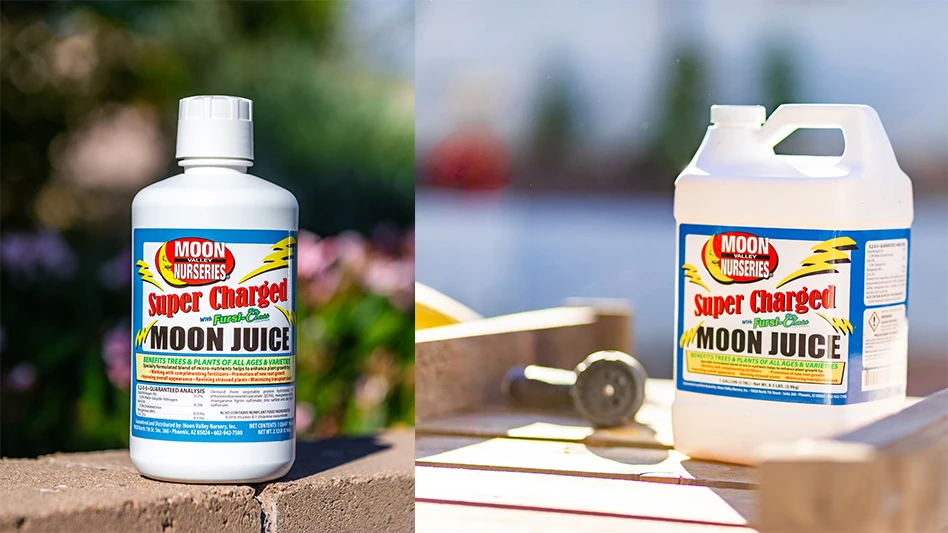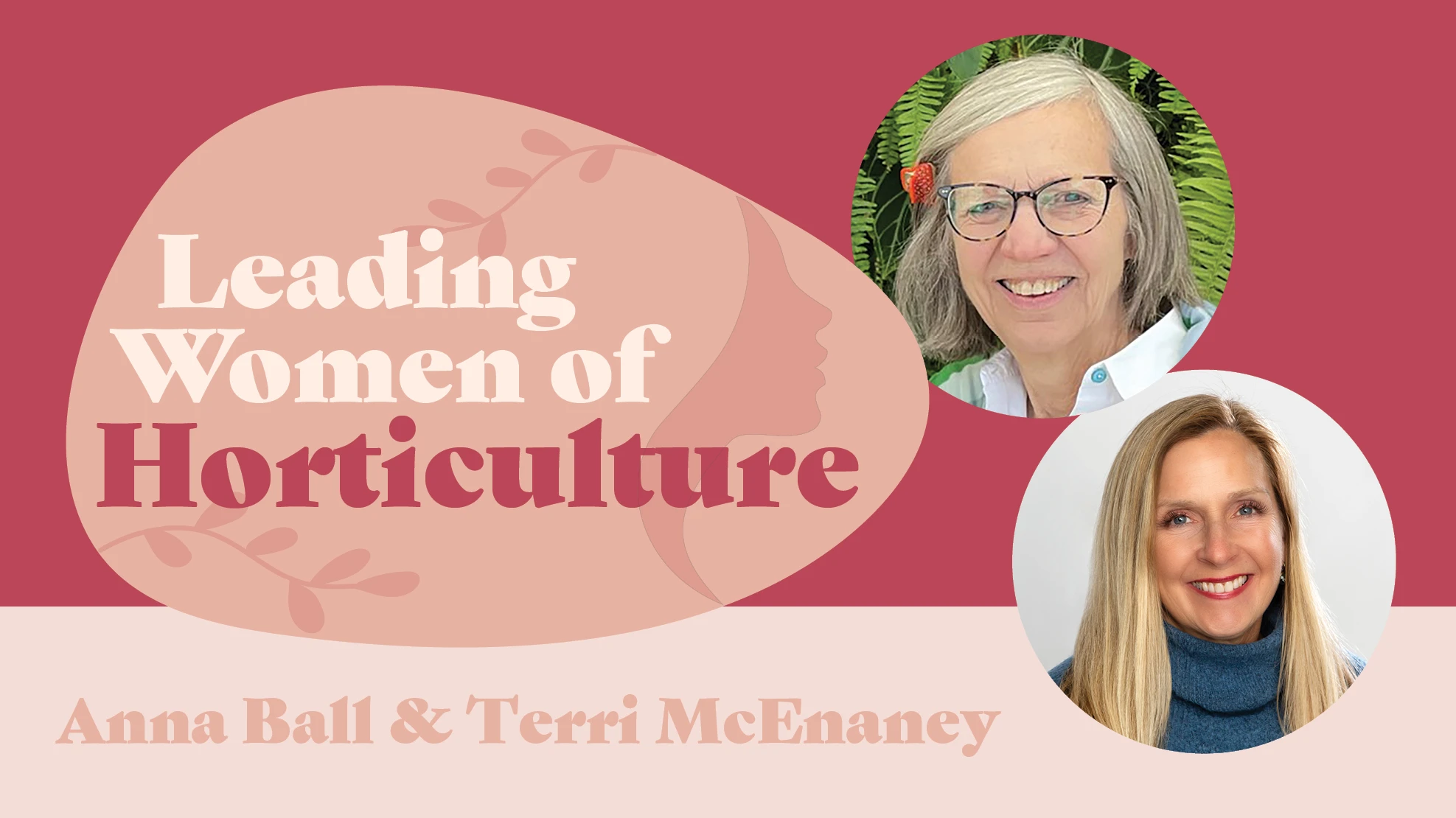
In a day and age where everything is being remade, redone and reinvented, nostalgia has never been cooler. Customers are coming into IGCs looking for decorative items that remind them of their youth, a past pet or toy they may have had to help accent their yards and gardens, suppliers say. Because of this, animal décor has become a dominating force in the industry.
“I think it all started with the dinosaurs — not in the way you think, but because 40 years ago, every kid wanted a plastic, rubber or wood one,” says Ron Knutson, vice president of SPI Home. “Then came Cabbage Patch, Beanie Babies and everything else. People want stuff to remind them of something from their past whether it was frogs, dogs, cats or whatever. There is always something on the horizon. The tough part is to figure out which critter comes next.”
Gustavo Ortiz, chief operating officer of Pottery Express, agrees that customers want items that remind them of something they cherish, and animals make them happy. Pottery Express has seen its fair share of people coming in and trying to memorialize a past pet.
“Most people have a pet at home,” Ortiz says. “They love them and want to have a representation of them. Let’s take a dog for example. A ceramic dog would provide a living representation of a dog that may have passed away.”
Margo Tantau, director of product innovation at Studio M, says that part of the rise in popularity is due to animals’ personalities and mannerisms.

“Animals are approachable, friendly, positive and often have good memories associated with them,” Tantau says.
“There is a great mix of whimsical and realistic animal art in the market right now — llamas with floral crowns, cute baby foxes, chickens in aprons, friendly donkeys, sloths, etc. — and of course our favorite dogs and cats are ever popular. Animals can have personalities we want to see in ourselves or that remind us of others.”
Businesses can better connect with generations young and old by supplying these items and capitalizing on nostalgia.
What’s trending
There are certainly key staples in animal-themed décor, but customers are always looking for the next big thing as different animals trend at different times. At SPI Home, the octopus has been big and shows no signs of slowing down.
“We continue to add new octopus in every cycle and the old ones are still matching their first-year sales,” Knutson says. “There is always a market for cats, dogs, squirrels, butterflies, bees, racoons, bears and pigs. Our design sessions look like we have invaded Noah’s Ark.”
On top of octopus, domestic animals are also trending upwards. At Studio M, Tantau says cute and oddly cute animals seem to be most popular.
“We’ve seen owls, foxes, llamas, sloths and narwhals on product,” Tantau says. “Goats and donkeys are more domesticated animals that are enjoying a whole new level of celebrity and product placement.”
Though octopus, goats and donkeys continue to rise in popularity, farm-themed décor is still standing strong in the marketplace and people tend to relate to animals in areas they live. Ortiz says that following trends in animal décor has become quite the hobby for some people, and at Pottery Express, the farm theme has done particularly well for them.
“Pigs are big,” Ortiz says. “There are a lot of different reasons why one item hits better than others. The farmhouse theme is big right now and pigs and roosters kind of go hand in hand.”
Key price points
Consumer spending on animal décor tends to vary depending on a few factors. What impacts these decisions is why the customer is purchasing the item and for whom are they purchasing it.
“Shoppers will typically spend about $20 for a friend or co-worker, $50 or more for a closer friend or bigger occasion and up to $75 for a unique or special product to memorialize or celebrate a pet,” says Gretchen Bingle, national sales manager at Studio M.
Ortiz adds that when customers are shopping for items for the long-term, they look for quality over price and are not afraid to spend extra for something that will last for decades.
“A good average would be around $100 to $150,” Ortiz says. “People are comfortable spending this amount depending on the type and quality of the item.”



At SPI Home, they work with cast metal which results in a higher price point, but a better-quality product, Knutson says.
“SPI Home uses cast metal which is inherently much more expensive than sheet metal,” Knutson says. “There is a lot more material, labor and a much higher cost. In return, you get a product that will last a lifetime.”
Because of this, SPI Home is not in the low end of the market. They have an octopus end table that retails for around $800 and various garden sculptures that retail from $60 to $500.
Knutson says that though these items are a bit pricier, they perform well in garden centers because people want to enjoy them for years.

Yearly performance
Though the animals that are trending may differ from year to year, animal décor remains a big seller in the marketplace. At Studio M, the demand for these animal-themed items has driven them to create additional pet-themed lines.
“We developed our new Wings of Whimsy Pet Angels because of the growing demand for pet-themed items,” Bingle says. “While this collection is launching at the summer shows, early response to marketing and editorials has been very strong. We expect to see continued growth in this category.”
At Pottery Express, animals have performed extremely well over its 15-year history. Talavera animals accounted for 42% of its total Talavera sales for each of the last three years.
At SPI, animal décor items continue to sell at a greater annual rate than previous years, says Knutson.

Marketing animal décor
Products that feature animals tug at the heartstrings of the consumer, Tantau says, but showcasing these items in the right setting or light is the key to increasing sales.
“Items that foster together time, such as projects for kids or gifts that send a message for family or special friends, are evergreen,” Tantau says. “Bundling items is always a great way to move. Show the consumer how to create fun, unexpected gifts and how to make their garden even more personal, and they’ll be back again and again.”
Displays and products placement are also key in influencing customers buying behaviors. Knutson says to place items in real-life settings so people can picture them in their yards and gardens.
“Don’t put them in the indoor giftshop; put them in your plants and beds,” Knutson says. “Let people see them in the wild where they belong. The key is to show the consumer how cute that frog with a wheelbarrow or that four-foot-long alligator will look in their yard.”
Knutson also recommends having fun with the merchandising by incorporating funny, whimsical signage and making customers smile. Ortiz agrees that the way you display an item can go a long way in increasing the sales of these products.


At Pottery Express, Ortiz created a doghouse out of a $50 sheet of plywood to showcase their hand-painted ceramic dogs.
“We used to sell about 100 dogs every two months,” Ortiz says. “I decided to invest in a $50 plywood sheet that I made into a little house. I then put one of the dogs in front of it, along with a fire hydrant. Next thing you know, that little display that cost me $50 helped me sell ten times the number of dogs than I was selling before.”
As the animal themed trend continues to thrive, companies such as SPI Home, Studio M and Pottery Express will continue to produce these whimsical items as long as consumers demand them and because they make people happy.
“It is an ever-growing category,” Knutson says. “We have made a lot of frogs and bunnies in our time, but consumers continue to want more so we will keep at it. Anything to make the consumer happy.”

Explore the July 2019 Issue
Check out more from this issue and find your next story to read.
Latest from Garden Center
- Society of American Florists accepting entries for 2025 Marketer of the Year Contest
- Sustainabloom launches Wholesale Nickel Program to support floriculture sustainability
- American Horticultural Society welcomes five new board members
- Color Orchids acquires Floricultura Pacific, becoming largest orchid supplier in U.S.
- American Floral Endowment establishes Demaree Family Floriculture Advancement Fund
- The Growth Industry Episode 3: Across the Pond with Neville Stein
- Proven Winners offers Certified Garden Center Training for staff education
- Digging In Association hosts inaugural Platinum Trowel Awards at winter conference







